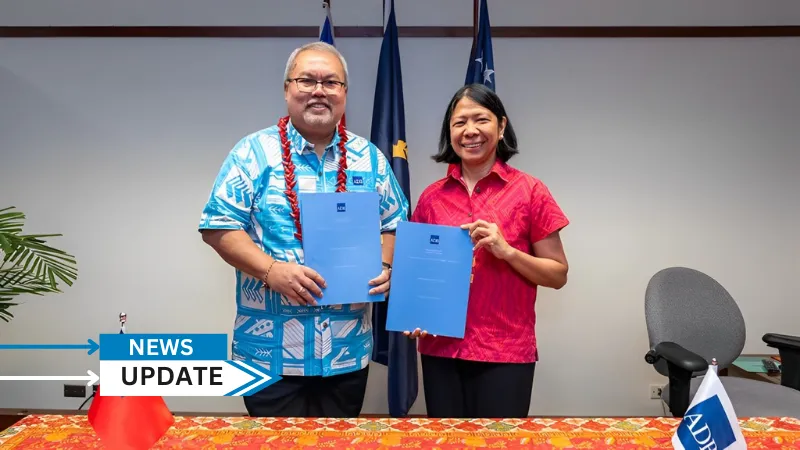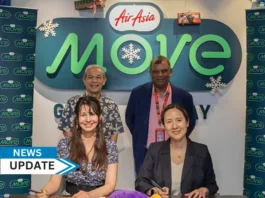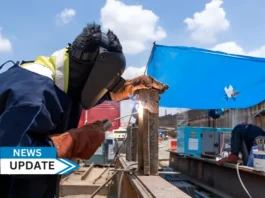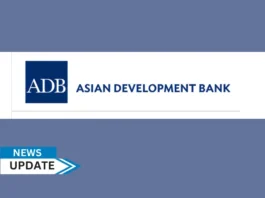

The Asian Development Bank (ADB) has signed a $2 million grant agreement with the Government of the Cook Islands to boost support for an ongoing project, which is improving Cook Islands resilience to cross-border health risks and the early detection of disease outbreaks for passengers entering the country by air.
Read also – ADB to Build Resilience and Reduce Poverty in Lao PDR
The agreement was signed at the ADB Headquarters in Manila by ADB Executive Director Made Arya Wijaya, on behalf of the Government of the Cook Islands, and ADB Director General for the Pacific Leah Gutierrez. The grant was approved by ADB on 11 December.
Read also – ADB to Improve Climate Resilience and Rural Livelihoods in Timor-Leste
This additional financing for the Supporting Safe Recovery of Travel and Tourism Project comes from the Asian Development Fund, which provides grants to ADB’s poorest and most vulnerable developing member countries.
“The project benefits from ADB’s experience in the Pacific, particularly in ensuring critical infrastructure is resilient to adverse events and emergencies.” said Ms. Gutierrez.
The additional financing will support upgrades to health screening equipment to be used during public health emergencies and install additional solar power to support upgraded medical waste treatment and disposal.
To further boost women’s representation in public utility leadership, the additional financing will also support increased women’s participation in technical and vocational training, particularly in the aviation industry, building on interventions during the project’s first phase.
The project, approved by ADB in 2021, is increasing Cook Islands’ economic resilience through a safe recovery of travel and tourism. Its key objective is to strengthen the capacity and readiness of the Cook Islands to safely open its borders to international visitors.
About ADB
The Asian Development Bank (ADB) is committed to achieving a prosperous, inclusive, resilient, and sustainable Asia and the Pacific, while sustaining its efforts to eradicate extreme poverty. It assists its members and partners by providing loans, technical assistance, grants, and equity investments to promote social and economic development. Established in 1966, it is owned by 69 members—49 from the region.



